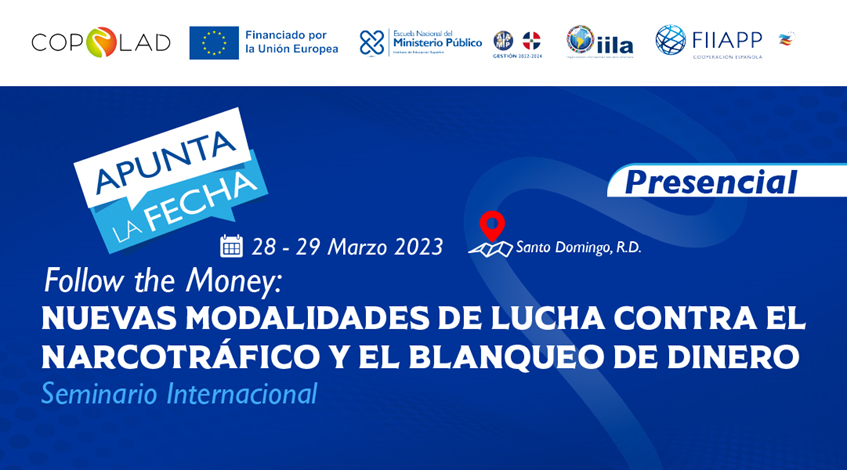In the scenario of challenges that characterizes the international community, drug trafficking is undoubtedly one of the most persistent and insidious. Today, drug trafficking is not only a criminal reality: it is a truly global phenomenon that has repercussions in the social, health, economic and political spheres and has concrete consequences on development. To better understand the impact of international drug trafficking on the world, it is necessary to carefully consider its close relationship with other criminal behavior, such as money laundering, illicit investments, armed control of territories, systematic violence, the illicit use of technology, the development of new supply networks or the use of more traditional crimes such as bribery, extortion and kidnapping. In some regions, the enormous profits generated by the illicit activities of criminal organizations have exceeded the GDP of the countries where they operate, thus opening up a disturbing scenario for state authorities and the legal economy.
In order to effectively combat drug trafficking, which is becoming increasingly dynamic, complex and chameleon-like, adequate international cooperation based on common objectives is necessary.Such a complex phenomenon must be combated with modern regulatory, investigative and judicial tools, shared as much as possible between countries to cover all possible risk areas, identifying threats in time.
For this reason, both the constant exchange of information between the countries concerned and mutual support in technical-operational investigations are essential to identify best practices and create a network of trust between specialized agencies.
The countries of Latin America, the Caribbean and the EU have built a solid bi-regional relationship in the field of drug policies, demonstrating their strong political will to advance joint efforts to better respond to common challenges in this area. The EU-CELAC Coordination and Cooperation Mechanism on Drugs reflects this bi-regional commitment to joint cooperation, in accordance with the principle of common and shared responsibility. For the year 2023, the countries participating in the Mechanism highlighted as a priority issue for bi-regional discussions: money laundering and drug trafficking. With this International Seminar, the COPOLAD III program aims to help generate reflections, recommendations and inputs for the political dialogue between the European Union and the countries of Latin America and the Caribbean on this issue of priority importance also to promote a healthy investment climate between the two regions.
The International Seminar will be attended by the National Public Prosecutors of Italy, Colombia, Ecuador and Panama, the heads of the Anti-Drug Prosecutor’s Offices of Spain, Peru, Panama, El Salvador, Costa Rica, Honduras and Guatemala, the Directors of the Anti-Drug Divisions of the National Police of Italy, Colombia, Peru, Ecuador, Panama, El Salvador, Costa Rica, Honduras, Honduras, Panama, El Salvador, Costa Rica, Honduras and Guatemala, El Salvador, Costa Rica, Honduras, experts from international organizations such as the Directorate General for Migration and Home Affairs (DG Home) and the Directorate General for Financial Stability, Financial Services and Capital Markets Union of the European Union, the Latin American Financial Action Task Force (GAFILAT).
The International Seminar will also be attended by representatives of the European cooperation programs “Support to special anti-drug forces in law enforcement in Bolivia”, “Support to the Fight against Drugs and Organized Crime in Peru”, the project “EURESP, emergency response to strengthen the prison system in Ecuador” and the project “Support to the Strategic Institutional Plan of the Judiciary of the Dominican Republic, Vision Justice 2020-2024”.






